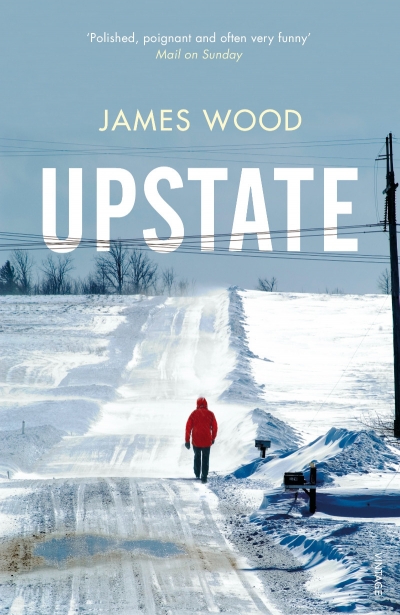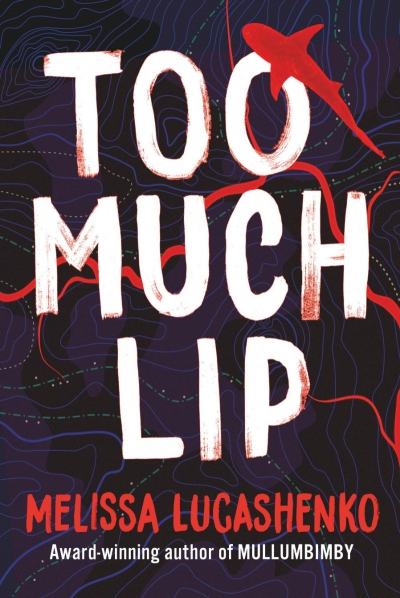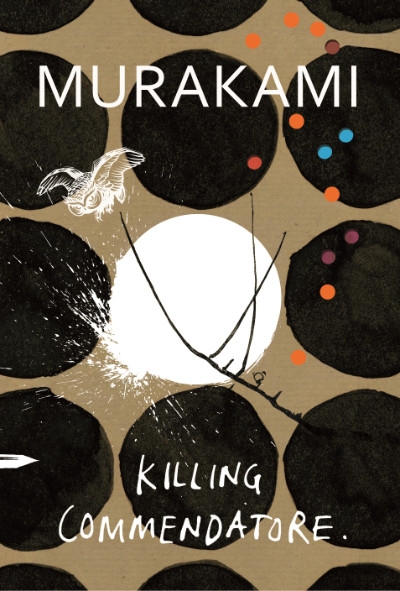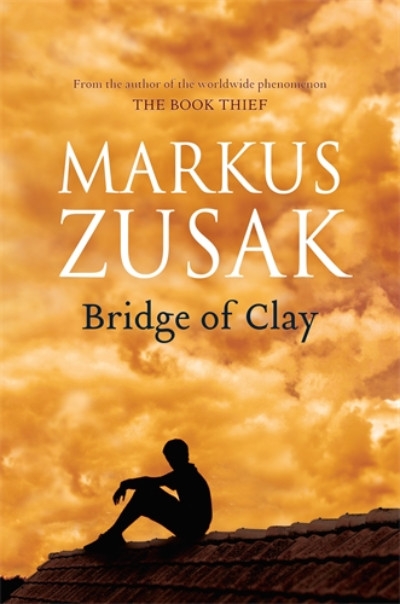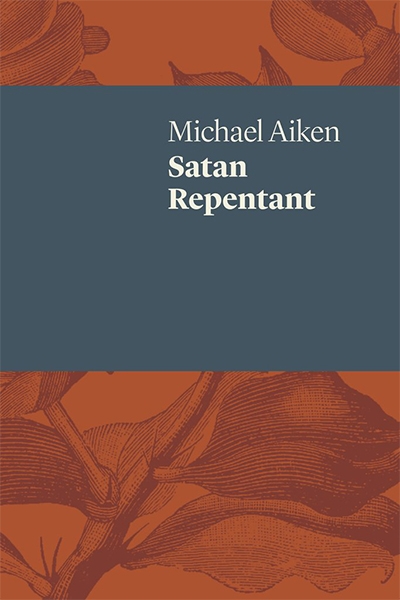Fiction
Friendship can be a powerful force for change in a young adult’s life. These four new books explore the full gamut of the unlikely, advantageous, and destructive consequences of relationships. ... (read more)
Killing Commendatore by Haruki Murakami, translated by Philip Gabriel and Ted Goossen
by Cassandra Atherton •


